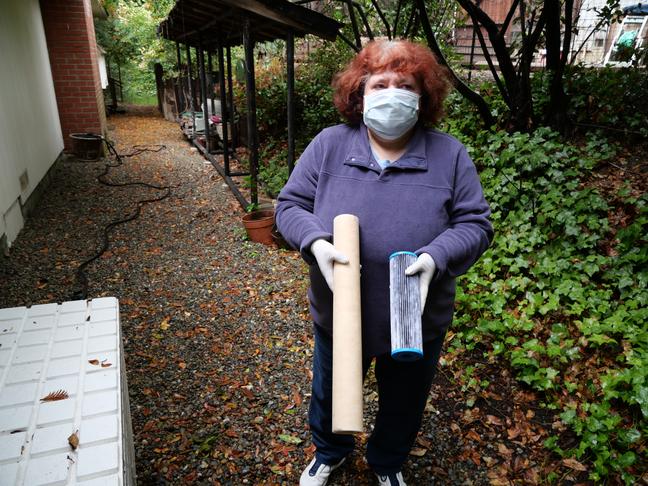BOULDER CREEK — Some Big Basin Water Company customers should not drink, cook, or brush their teeth with their tap water unless it is boiled, according to a Boil Water Notice that impacts dozens of households in Boulder Creek.
As of Friday, residents impacted by the Boil Water Notice include those living on Double Boogie Drive, Hare Way, Lake Drive, Memory Lane, Dogwood Way, West Hilton Drive, McPherson Court, McGranahan Court, Everest Drive and Bloom Grade Road.
The order, implemented by the State Water Resources Control Board, the Santa Cruz County Health Department and the Big Basin Water Company, advises residents with questions regarding water safety to call the health department.
It is not made clear from the notice if bathing or showering is advised.
According to the Boil Water Notice, water samples will be taken. It is anticipated residents should continue boiling their water until Oct. 14. Those who cannot boil their water have the option to fill water up at the company office, located at 16575 Jamison Creek Rd., the order states. The Sentinel has contacted the state water board but as of Monday afternoon has not received a response.
A water outage preceded the Boil Water Notice, that was likely triggered by a main water pipeline bursting.
Since the water purveyor suffered major damage in the CZU Lightning Complex fire, it’s been providing roughly 480 customers with water from a singular well. After the blaze, community members were unable to use their water for months, with some not getting relief until January.

In April the company was ordered to comply with a 6-page-long list of state water resources control board directives to bolster its water supply, make it more reliable and safe.
It’s unclear if the company has met those deadlines.
Some residents have grown increasingly anxious about water security. Customer Ann Thryft was recently out of water due to a pipe leak, unrelated to the Boil Water Notice.
Subsequently, Thryft’s tap water ran brown off and on for two days. That raised concerns, she said, if the water was safe to drink.
“The problem is not being notified about what brown water means, did it mean we could boil it and use it, did it mean we could boil it and wash certain things with it, did it mean we couldn’t boil it all and have to go buy bottled water? How are we supposed to know if we’re not being notified?” Thryft said.
Communication was unclear. Thryft and others have reported critical information is often relayed through Nextdoor posts and word of mouth.
Nearly six months after the state compliance order came down, Thryft wants to know what’s being done to make the water supply more dependable.
“We know the state water resources control board is supposed to be doing something to make things better,” Thryft said. “What are they doing?”
This is a developing story. Check back for updates.
